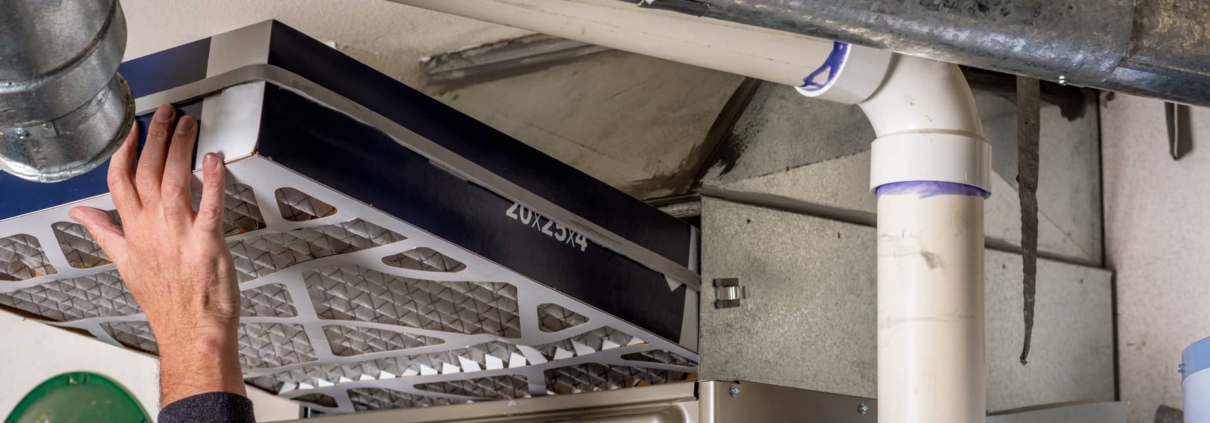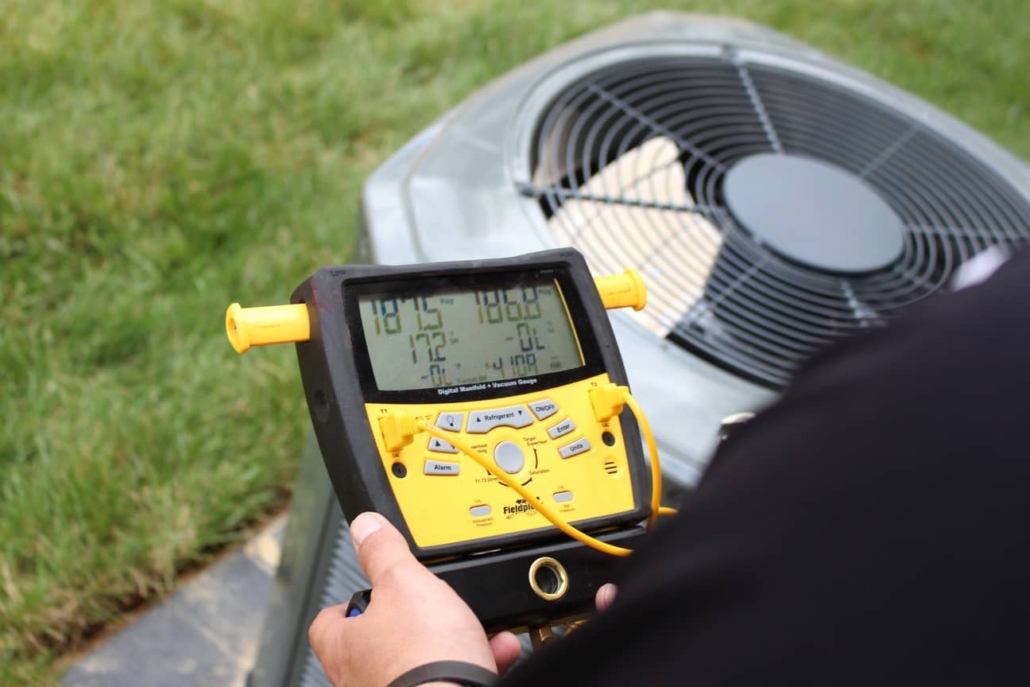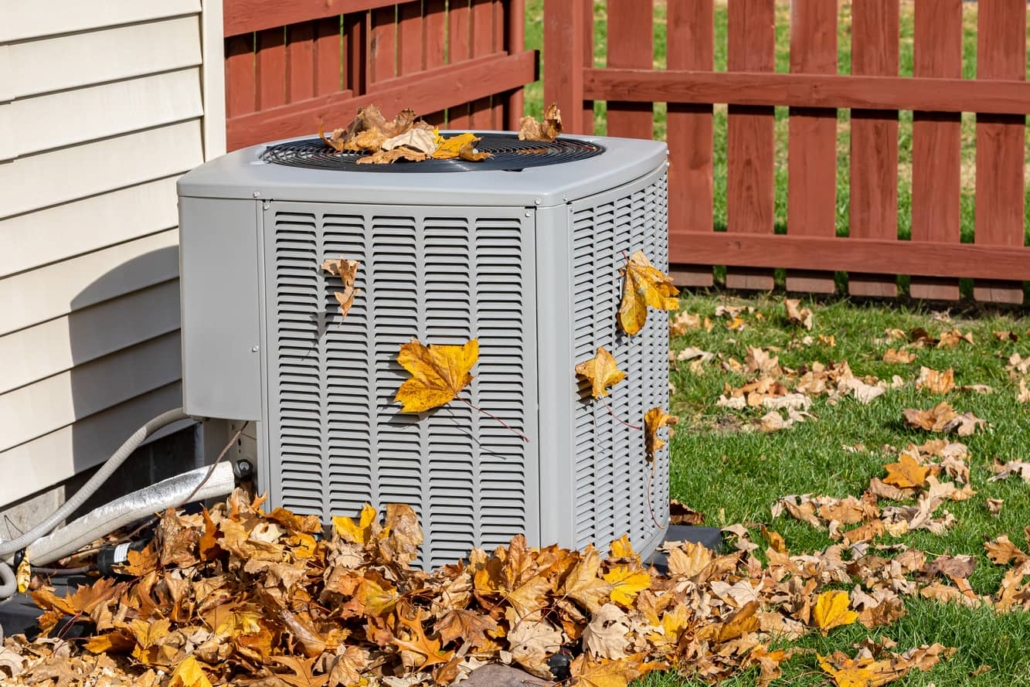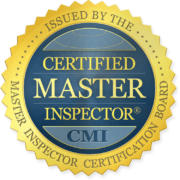Where Is The Furnace Filter Located?
Understanding how appliances and systems work in your home is vital for maintenance and longevity. When it comes to your furnace and the winter months you want to ensure that the furnace is maintained properly. Ensuring that you have heat in your home is very important for your comfort and safety. One of the areas of maintenance that can be done by a homeowner is changing out the furnace filter. Where is the furnace filter located? Typically they are located near the floor of the furnace. In a compartment with a side door that opens.
Let’s take a look below at more details regarding where your furnace filter is located.
What Is A Furnace?
Getting to know your furnace is important for your family’s safety during the winter months. A furnace is what will heat your home during cold days and nights. You will typically find your furnace in the basement, center of the home, or even in a utility closet. Depending on when the home was built and how it was designed will likely determine where it is installed. In some cases, a furnace is installed in an attic space or crawl space.
Where Is My Furnace Filter?
Identifying where your furnace filter is located is important for proper maintenance. Furnace filters are installed in the blower of your furnace unit. Where the blower location is, depends on how the furnace was installed. Let’s take a look at where the furnace filter might be located.
- Horizontal HVAC unit – the furnace filter is located at the intake side of the unit and slides right into the rack.
- Vertical HVAC unit with air moving downwards – the furnace filter is located at the top door where the upper blower is located. You will notice two air filters for the furnace or AC unit.
- Vertical HVAC unit with air moving upwards – this furnace filter is located at the bottom door of the furnace. Since the blower is located at the bottom of the door, the filter will be there. Simply open up the door to replace the filter.
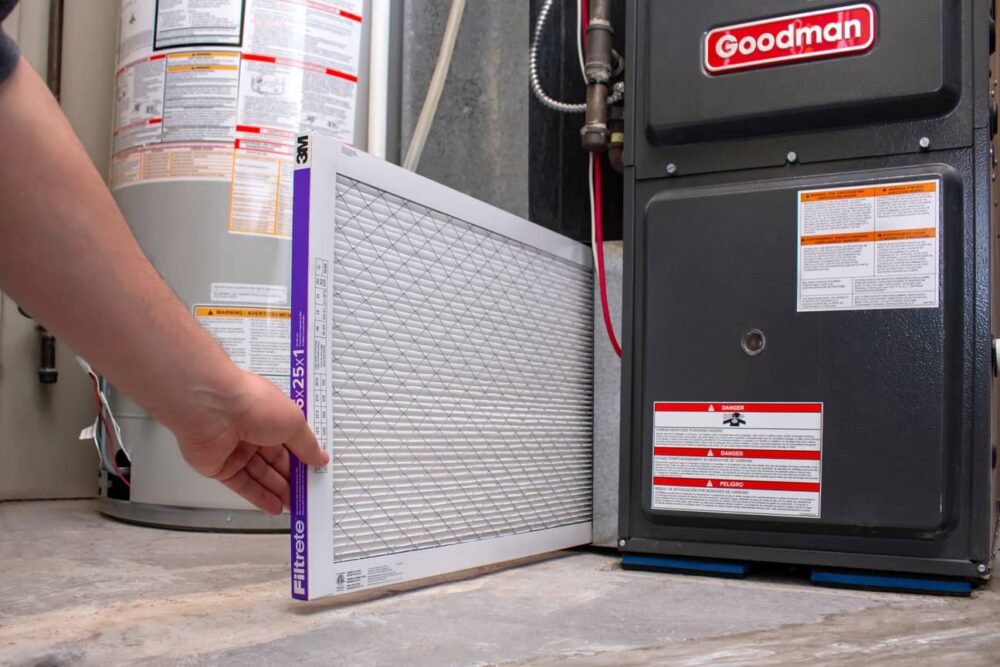
What If I Don’t Change The Filter?
When it comes to appliances in your home, the HVAC system which includes your furnace is no different. Making sure that the furnace is well maintained ensures that you have an operational unit when the time is needed. Let’s take a look at what happens if you do not change the filter.
- Frozen cooling coil – without airflow in the HVAC unit, your cooling coils will freeze up.
- The furnace can overheat – when airflow is not steady, the temperature of the furnace can increase. Since your furnace has a safety switch built-in the system will shut itself off if overheating occurs.
- HVAC stops working – limited airflow due to a clogged furnace filter will trigger the safety switch to shut off and the system will stop running.
- Short cycling will occur in the HVAC system – if the system has to work too hard to cool or heat the home, you will notice short cycling. This will cause the system to start and stop too often and you will lose energy efficiency.
How Much Does It Cost?
Replacing a furnace filter could be rather pricey. Comparatively speaking to a simple air filter, the furnace filter might be a bit more. Additionally, the price range will depend on the type of furnace, and the size of the furnace. You can count on a range of $10 to $50 per furnace filter.
Other Recommended Maintenance
Now that you know about the location of the furnace filter, there are other areas to maintain. One of those is if you notice the furnace is leaking water. If you see this happening, it could be due to a clogged line or a clogged part that keeps condensation from building up.
Next, since it is winter, you will probably be using your fireplace quite a bit to stay warm. Thus, you will want to make sure your chimney has a cap so that it protects against the outside elements. However, if you are missing a chimney cap, you will need to contact a fireplace installation company.
Lastly, you will want to make sure your stone fireplace is clean and you have protective gear, a bucket, a scrubbing sponge or brush, and a liquid solution. These are the first items that you need to accomplish this task.
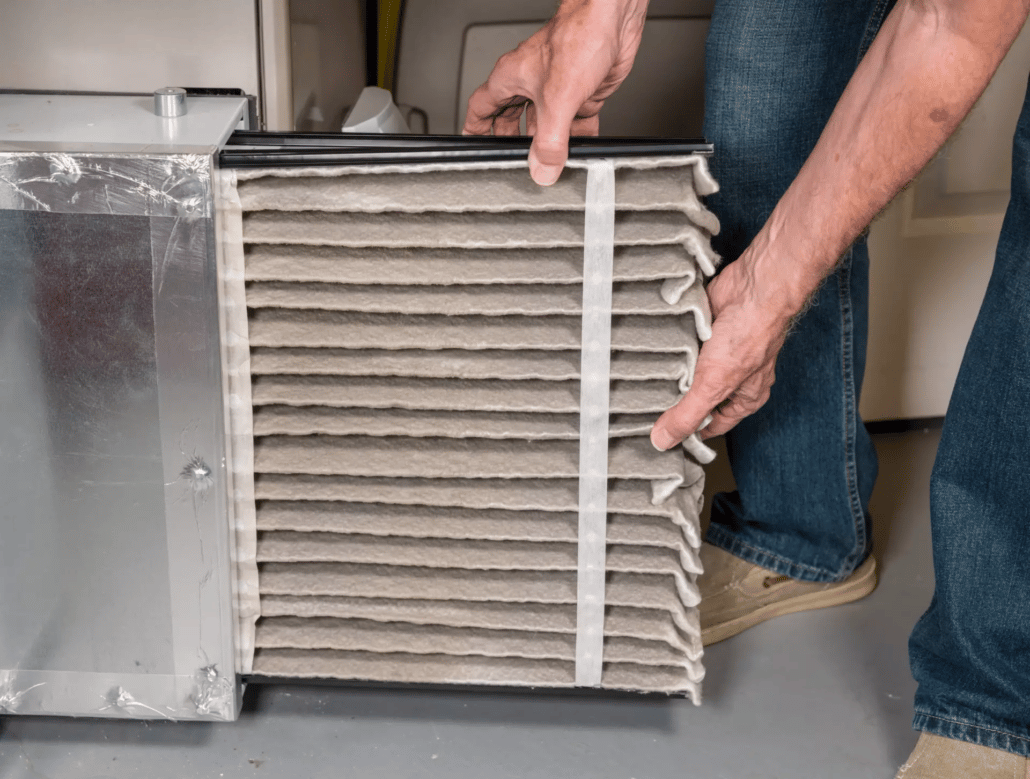
When Do I Call A Professional?
When there is an issue with your furnace or HVAC system, immediately call a professional. Most homeowners are not capable of repairing their furnaces or HVAC systems due to various code requirements. If you aren’t sure who to call, reach out to your local home inspection team. They can inspect your HVAC system and furnace during a complete home inspection. Also, they can refer you to a reputable furnace or HVAC service technician.
Conclusion
Furnace filters should be replaced every 90 days or before. If you expect your HVAC system to work efficiently, you will want to replace the furnace filter as it collects dirt, debris, and pet hairs daily. Consequently, if you are looking to find out how efficiently your furnace is working or if you need to replace any parts, call on your local home inspection team. Reach out to Warren Inspections in Eastern and Central Massachusetts for an HVAC inspection and furnace inspection, along with a full home inspection.

